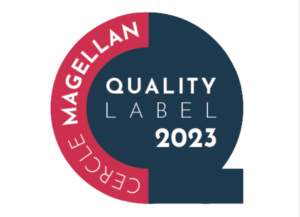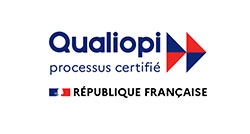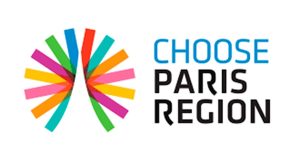
For the new year, aspecialoffer!
Did you know that Expat Communication proposes exclusive resources for members of the Club Expat Premium? Members are expat employees and international talents that you sign up for the Club . Exceptionally, here below, you’ll find an example of our exclusive content. To learn more, consult our Club Expat Premium page or contact us directly.
Leading a meeting in a multicultural environment
Article written in collaboration with Chantal Bishop-Corre of the Expat Communication Coach Academy
Do you find that at the end of a meeting with a multicultural team you’re left wondering what happened? Was a decision made? What are the next steps? Did I really fully understand the discussion? These questions are actually very common. What’s more, is that each participant will probably have a very different impression of the meeting.

This is because they bring their cultural baggage with them to the meeting. Their education, family and upbringing, friendships, and professional experience will have an impact on their communication styles, relationships to the hierarchy, listening styles, values… and many more!
Multicultural teams need to have a very well defined and explicit framework in order to work together effectively and efficiently. There are several key areas where challenges are the most apparent: presenting recommendations, giving feedback, and making decisions.
Let’s look at each area from the perspective of the French vs. the Americans.
01
Presenting recommandations
The French know that understanding the logic behind a concept or recommendation is essential. This is what they have learned in school. American education, however, is based more on the practical aspects of a concept or recommendation, the “what’s in it for me?” “.
This means that the French will generally start their presentations with details on the concept and will build up to the conclusion at the end. The Americans will wonder “what’s the point?” and may start to tune out. The Americans will do their presentations in the opposite manner starting with the conclusion and then going into a few details to support their main idea. They will generally repeat the conclusion at the end, which has the adverse effect of causing offense to the French who wonder why Americans treat them like children.
How can you reconcile these differences?
If you have a group of people with both styles, the best approach is to move back and forth between theoretical principles and practical examples.
02
Another touchy subject is giving feedback
The French have no problem giving feedback, they are comfortable sharing their opinion concerning the weaknesses of an idea or plan. However direct negative feedback is not always well-received by their American counterparts who may consider that strongly voiced negative feedback is too aggressive and not constructive enough – after all the goal of a meeting is to work together towards a rapid decision.
The reason is that there are two approaches to giving feedback.
There are those who use a direct approach with rather powerful words in order to be certain that the message is clearly understood. This is the case of the French, but also the German, Dutch, and Russians.
And then there are those who use and indirect approach with gentler words to favor group cohesion and to ensure that the team will be able to continue to work together to make a decision. They may use words that soften the criticism, such as “a little” and “a sort of.” This approach is used by Americans and the English.
How can you reconcile these differences?
If you have a group of people with both styles, the best approach is to start your feedback with a summary of the positives, then address the negatives in a factual manner.
For English speakers, avoid an emotional or angry tone. If you have identified a major problem, the team will thank you later.
03
Making decisions
For most Americans, the very purpose of a meeting is to make decisions. And herein lies the issue. The French rarely make decisions in a meeting. For the French, a meeting is a forum to debate a problem, a recommendation, or a concept. To look at the question from all angles. Decisions are made outside of the meeting context.
How can you resolve so many different perspectives?
Presentation styles, giving feedback, making decisions:
1 – Identify the reasoning and way of thinking of the people in your team.
2 – Work with your group to define your own process.
Set aside specific time to do just that. Determine how presentations will be given, how decisions will be made, how action plans will be communicated, the rules for the setting the agenda and how interruptions are handled, and who will be the timekeeper.
Best of luck!

Certified coach with the Ecole Française du Coaching MHD, affiliated with the EMCC. With more than 20 years of experience in multinationals working with EMEA and North-American teams, Chantal shares her expertise with expatriates and their partners during all phases of their career in order to acheive their objectives.







